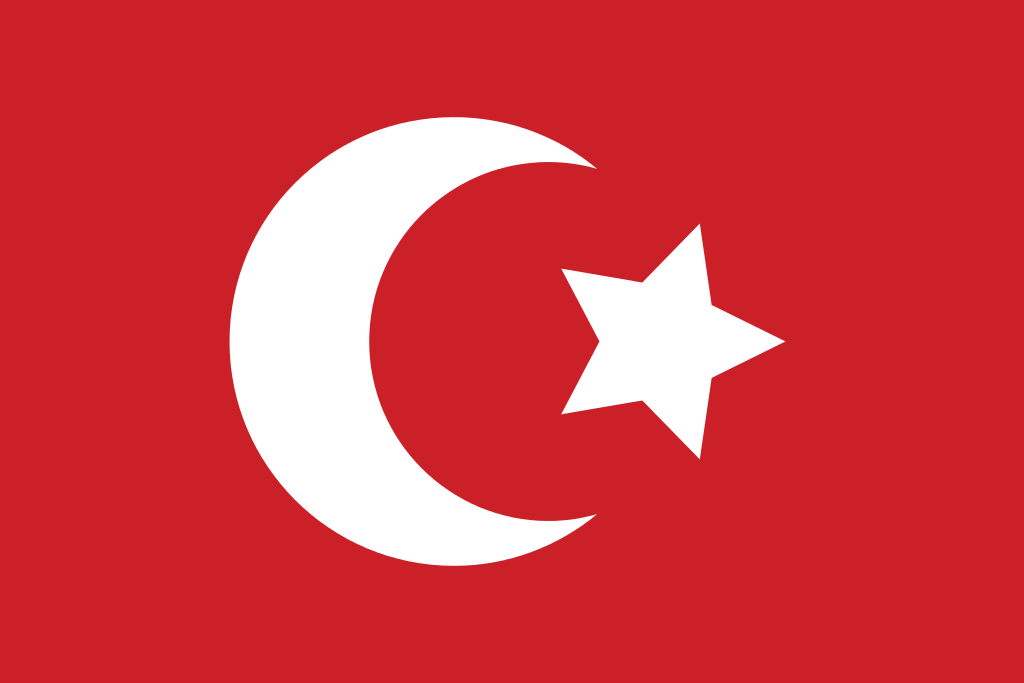Ignorance is bliss, or so they say.
While Nigerians are lamenting the lack or absence of cash, the scarcity of fuel and the general deplorable state of the nation, the people of Turkey witnessed a major catastrophe in the form of an earthquake. A major 7.8 magnitude earthquake was followed by two other strong quakes that devastated wide swaths of Turkey and Syria early Monday. The quake hit at a depth of 18 kilometres and was centred in southern Turkey, near the northern border of Syria, according to the US Geological Survey.
Yesterday, I heard a heated discussion on the radio about the new cashless policy. In an attempt to pacify the people complaining about their cash-based businesses and the effect the policy was having on them, the economic expert told Nigerians to be grateful that our predicament was trivial compared to what the people of Turkey were going through. He told Nigerians to ‘calm down’ and ‘be grateful’ for our lives and health. As you can imagine, the responses to his utterances were quite colourful and provocative. However, my favourite response was by a young man who replied in rage:
‘Wetin concern us with Turkey? No be dat white people country wey dey jail our people? Abegi! Na the wrath of God den dey feel now!
Ignorance is bliss, I tell you.
By his logic, countries that commit atrocities should be prepared to face the wrath of God. If that were true, Nigeria, as a country would have ceased to exist a long time ago. God knows we have committed enough atrocities to fill the entire Pacific ocean.
But this is not about Nigeria’s sins. It is about the sins of Turkey.
Turkey has had many earthquakes. It was struck by another major earthquake in January 2020 — a magnitude of 6.7 that caused significant damage in the eastern part of the country. In 1999, a 7.4 magnitude quake struck near Istanbul and killed an estimated 18,000 people. However, Monday’s magnitude 7.8 earthquake and its hundreds of aftershocks are historic in scale and would be difficult for the best prepared government to manage. As of Thursday, fatalities from the earthquake in Turkey and Syria have surpassed 20,000, according to The Associated Press.
As expected, the Turkish government has come under particularly sharp criticism. There was a near-total incompetence on preparedness on the part of the government according to eyewitness reports, in responding to this week’s earthquake. Even Erdogan himself has admitted “the first day we had some discomforts,” before insisting to survivors near the quake’s epicenter, “second day, and then today, the situation got under control.”
After a catastrophic earthquake in northwestern Turkey killed more than 18,000 people in 1999, authorities imposed an earthquake tax meant to corral billions of dollars’ worth of disaster prevention and relief. In plain terms, the Turkish government collected earthquake taxes for over 20 years! Critics point out that national funds meant for natural disasters like this earthquake were instead spent on highway construction projects managed by associates of Erdogan and his coalition government.
To make matters worse, Erdogan’s centralization of Turkey’s government has meant a plethora of restrictions on how individual cities and aid organizations can operate in the country, hampering overall rescue efforts. Turkey’s embassies, meanwhile, along with a lot of other NGOs and cultural associations, are collecting donations internationally.
The videos and pictures of buildings collapsing, people and bodies being pulled out of rubbles is enough to make one cry. The whole situation is disheartening. The quake hit near heavily populated areas. The epicentre was near Gaziantep, a major city and provincial capital in Turkey. The affected regions were also home to vulnerable buildings. Since the area was not hit by a major quake for over a century, the preparedness was low and so was the structural integrity of the high-rise buildings. Officials reported thousands of buildings collapsed in the wake of the earthquake. They included “pancake” collapses, where upper floors of a building fall straight down onto the lower floors — a sign that the buildings couldn’t absorb the shaking.
Yesterday, as I watched the scenes on Al-Jazeera, the young man’s thoughtless comment ran through my mind and I asked myself- what are the sins of Turkey?
Is it the Armenian Genocide? Is it the part they played in toppling Syria’s Assad? Is it wanting to be part of the European Union? Is it their neo-colonialism of Africa? Is it their romance with ISIS? Is it the air strikes against Kurds in Northern Syria? What is it?
The sins of Turkey are indeed many.
Like Nigeria, corruption has eaten deep into the fabric of their nation and in the light of this earthquake, left their private parts bare for all to see. Unfortunately, just like Nigeria, elections are just around the corner. The president, who is up for re-election in May has promised the government would distribute 10,000 Turkish lira (or about $532) to families impacted by the disaster. For people who have lost their entire livelihood and loved ones, the amount is paltry at best.
Whenever I hear of these natural disasters, I mutter a silent prayer of gratitude; that Nigeria, for all our foolishness has never been hit by a major earthquake. Sub Saharan Africa is located away from boundaries between tectonic plates. Therefore, its activity rate is lower than in seismically active regions like California or Japan. Imagine our emergency response if we are hit by an earthquake? It would be an epic nightmare!
It is human nature to try to decipher why a calamity befalls a country. Religion and cultural factors often fashion our thoughts and lead us to make assumptions that bad things happen to us because we have sinned. That is not true. If it were, good people would sail through life without so much as a headache. Earthquakes, flooding, drought, hurricanes etc are natural disasters that can be explained by science. Blaming a country’s earthquake on its past sins is not only myopic but simplistic at best. Sadly, I have come across many religious scholars who are steadfast in this belief.
The people of Turkey are going through a major crisis. Many Nigerians are, however, oblivious to their plight because we are dealing with our own issues. Elections are around the corner, schools are anticipating closure and security threats are being fired, left, right and center. Sometimes I feel like the country is being wound up tight like a spring ready to bounce back after the elections. Whatever the case may be, the Turkish people need our assistance. Pray, donate, sand create awareness.
May we never, ever witness such catastrophe.
And may the wrath of God never, ever, visit us.

 Join Daily Trust WhatsApp Community For Quick Access To News and Happenings Around You.
Join Daily Trust WhatsApp Community For Quick Access To News and Happenings Around You.